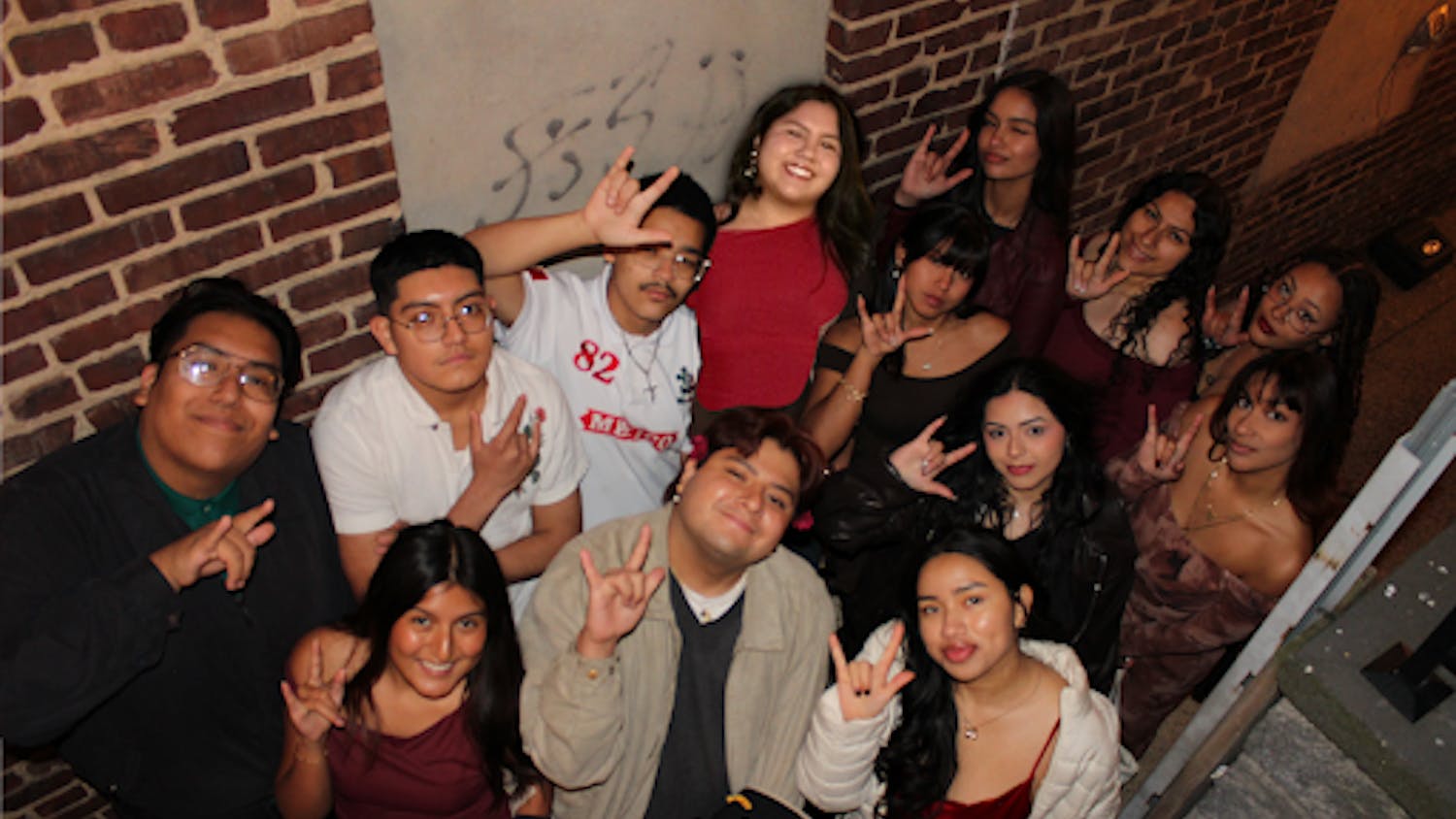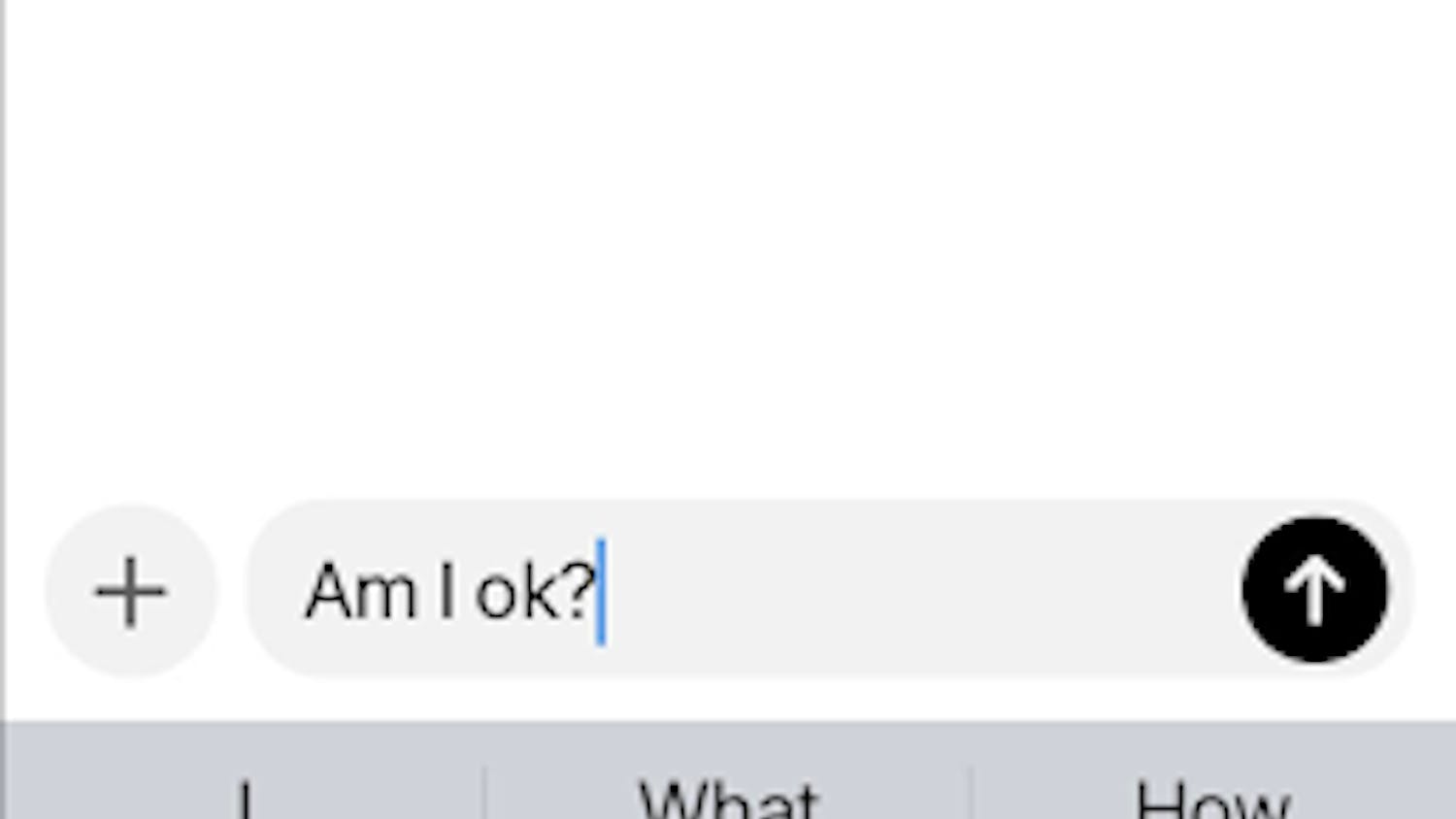With April being Donation Awareness Month, Marvin Kurland, a professor of electrical engineering, presented an Organ Donor Program in the Science Complex on Wednesday.
"There is an excess of 80,000 people waiting for a transplant," Kurland said. "Twenty people a day die waiting."
Kurland did not stress the importance of becoming an organ donor with facts and statistics. Instead, he told his own personal story of being a donor recipient.
In 1990, Kurland was diagnosed with high blood pressure due to kidney failure. "As a child I got strep throat," Kurland said. "Turns out it settled in my kidneys and it didn't filter out well."
Ten years later on April 27, 2000 Kurland had a kidney transplant. However, the road from diagnosis to recovery was a long and bumpy one.
Kurland explained how in 1998, the mixture of medicine, diet and at-home dialysis that kept him alive and active for all those years, wasn't working anymore.
"The protein in the blood should be at zero and mine was rising. It was at a level of 10. I began to feel weak and eventually had to go on disability," Kurland said. "I had to go on chemo dialysis at a clinic."
Eventually the call came from the University of Pennsylvania that a kidney was available for a transplant. Unfortunately, the surgery was called off because Kurland's blood had too much antibiotics.
In February 1999, Kurland had triple bypass surgery. His chance of recovery was slim.
Finally, St. Barnum's Hospital called another kidney became available. This time to inform him that Kurland was able to go through with the surgery.
"Looking back at it I was given a second chance at life," Kurland said. "Because someone said they'd donate their loved one's organs."
That person was Betty Isaacson. She is the widow to the man whose kidney Kurland received.
Isaacson also spoke. She told her side of being the one to have to make the decision to donate her husband's organs.
Her husband was on his way home from playing golf. Just two blocks away from the house he was in a car accident. He was in a coma for 10 days and never regained consciousness.
"My 22-year-old son reminded me that (my husband) signed the back of his license to be an organ donor," Isaacson said. "You always feel there is hope. But after the doctor's said my husband was brain dead, what my son said stuck in my mind."
Her husband was a computer engineer, a marathon runner and a coach of both soccer and football. After finding the right matches, the doctor's were able to donate his corneas, kidneys, lungs and heart.
"The fact that I knew he signed the back of his license made the decision to donate so much easier," Isaacson said. "You are saving someone's life and the fact that I met Marvin is all the more reason to do it."
Isaacson and Marvin met six weeks after Isaacson's husband died. A friend of Isaacson's showed her an article on an organ recipient and with the facts stated she put two and two together.
Isaacson contacted the New Jersey Organ and Tissue Sharing Network and the rest is history.
"If something like this had to happen, I'm glad Marvin was one of the recipients," Isaacson said. "They are wonderful people."
Kurland's wife and his caregiver through the whole ordeal spoke next. "It's a difficult role to be in," Kurland said. "You see the one you love suffering and there's nothing you can do but be there for them and care for them."
Kurland also talked about how with the joy and happiness with the organ came guilt and sadness. "Knowing that for your loved ones to get better someone else had to die, that's hard to deal with."
When the personal stories were over, Lou Krefski, assistant clinical director at the Sharing Network, gave an overview of organ and tissue donation.
Krefski discussed what the Sharing Network is about and the statistics of organ donation.
"The donor gap is still very high," Kurland said. " Although there has been an 84 percent increase in donors in recent years, there has also been an increase of patients waiting for a transplant by 347 percent."
The night ended with the option of the students to come and get a donor card that was available in the front of the room.
"If you walk away with anything tonight, tell your family if you want to be an organ donor," Dr. Kurland said. "Ultimately they have the final say."






